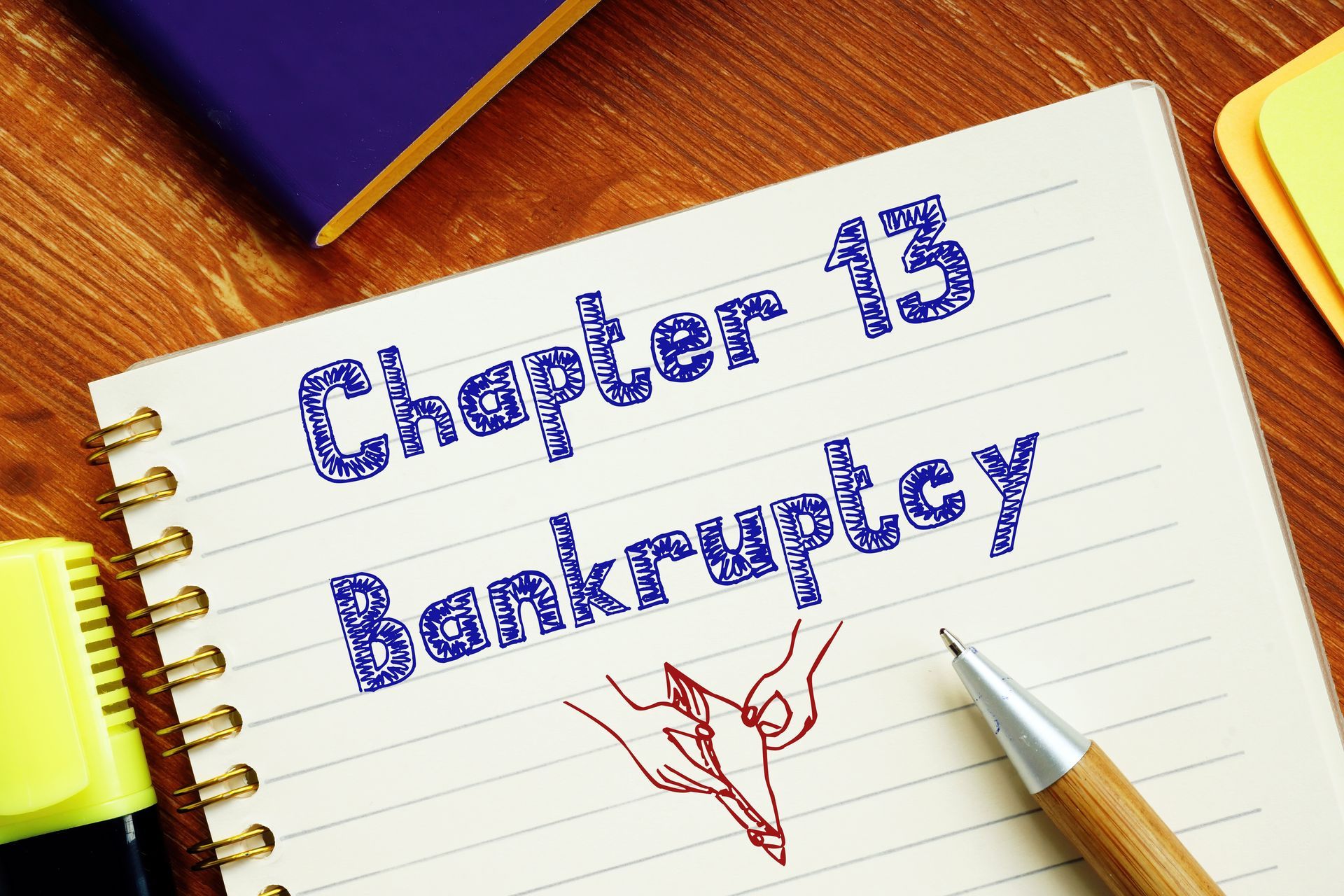Why You Need the Services of an Intellectual Property Attorney
The world is now driven by creativity and innovation, which is why intellectual property (IP) has become a valuable asset for individuals and companies alike. With the rise of IP, the demand for knowledgeable and experienced intellectual property attorneys has also increased. In Texas, for instance, the number of IP attorneys has skyrocketed in recent years. But why exactly do you need an intellectual property attorney? In this blog post, we will explain why having a legal expert by your side is crucial in protecting your intellectual property.
1. Protecting Your Patents and Trademarks
If you have a unique invention or a brand name that sets you apart from others, you need to protect it from being used by others without permission. Patents and trademarks are necessary when it comes to intellectual property protection. An intellectual property attorney can help you register your patents and trademarks, and provide legal assistance in case your rights are infringed upon.
2. Ensuring Confidentiality
An IP attorney can help you maintain confidentiality over your valuable information, such as trade secrets and strategic plans. By doing so, you can stay ahead of your competition and maintain your competitive edge.
3. Minimizing Litigation Risks
When it comes to IP, litigation is a common scenario. An intellectual property attorney can help you minimize litigation risks by providing legal advice and guidance that can help you avoid disputes and resolve any conflicts swiftly.
4. Providing Business Growth Opportunities
An IP attorney can help you identify potential opportunities for business growth through various licensing and partnership agreements. They can help you monetize your intellectual property, expand your market and provide additional sources of income.
In conclusion, the services of an intellectual property attorney are necessary in every business venture. They can help you protect your intellectual property, minimize litigation risks, ensure confidentiality and provide business growth opportunities. In Texas, the demand for IP attorneys has increased significantly in the recent past, highlighting the importance of protecting IP assets. With the help of a competent IP attorney, you can ensure that you have legal protection in place for your intellectual property and avoid any legal complications that may arise. So, if you are a Texas resident, contact an IP attorney today and get the legal guidance you need.



